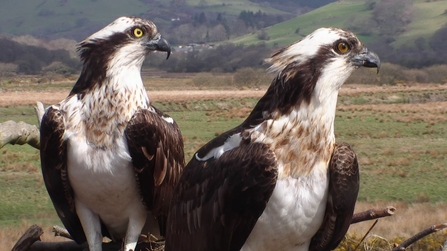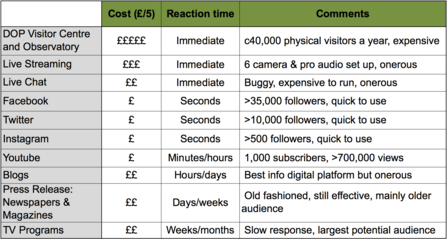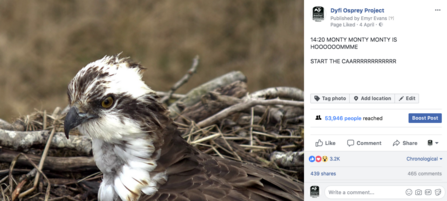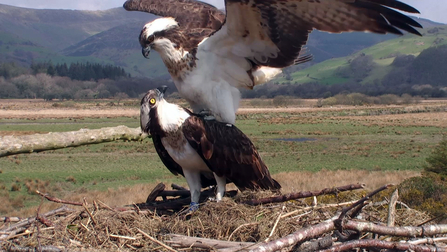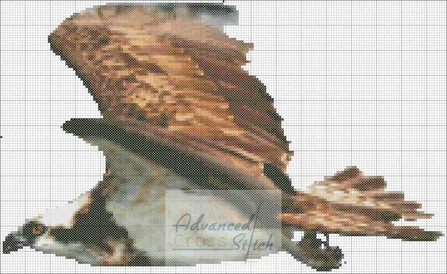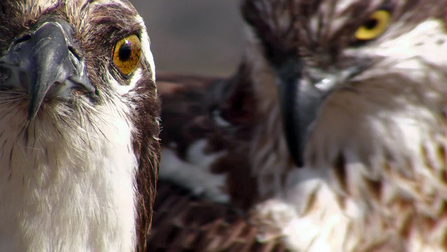In 2004 ospreys returned to breed in Wales for the first time in centuries.
At the same time as that historic first egg was laid in April 2004, a 19-year-old college kid in America came up with a novel idea for a social media platform for himself and his fellow students to communicate and share information on.
Fourteen years later that college kid is worth $80 billion, making him one of the richest of the world's 7.6 billion people that share this planet with him. He could give every single human that is living right now $10 and still end up being a multi-billionaire with the loose change.
Ospreys in Wales have also done well, we now have four pairs.

